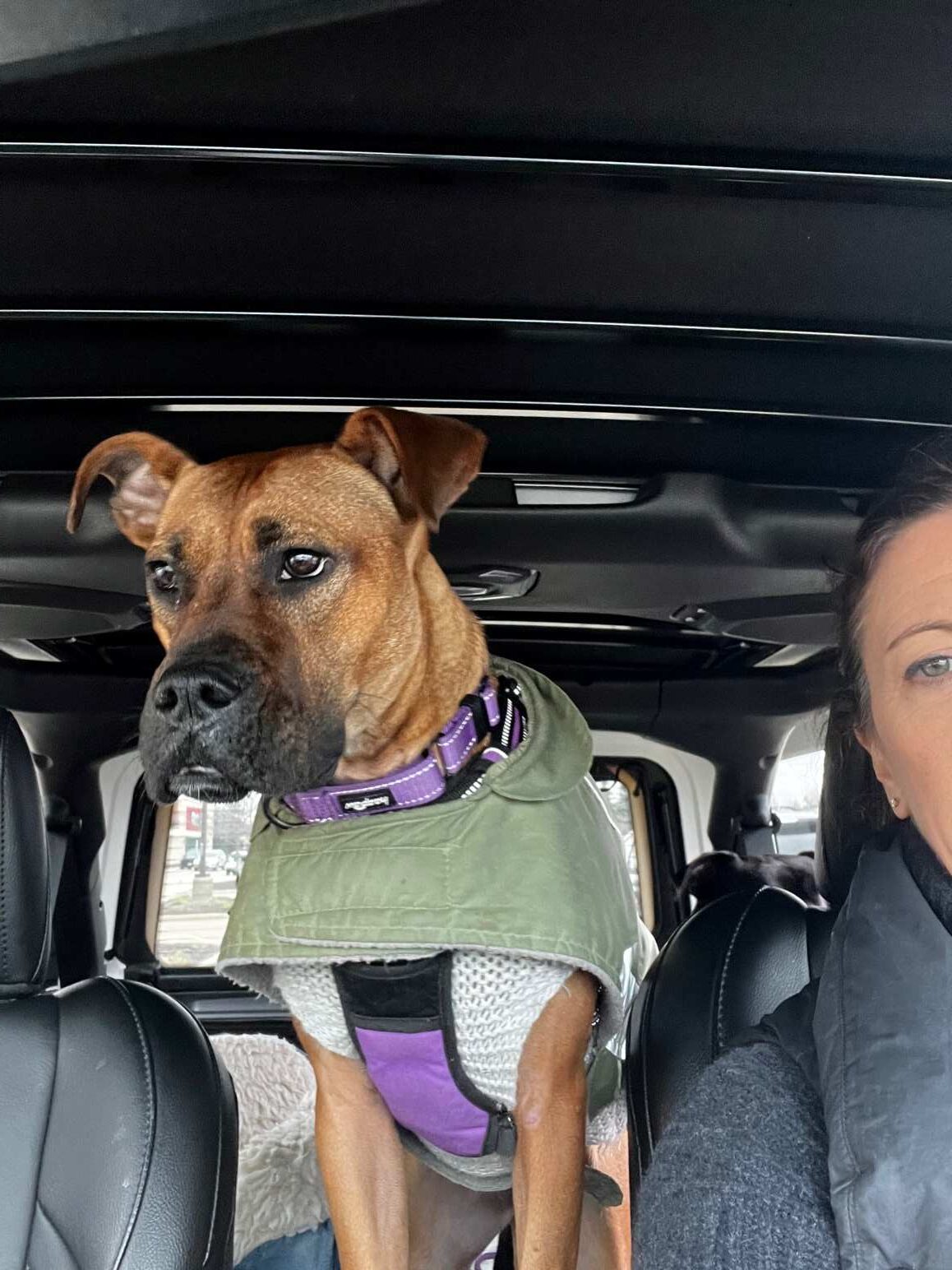
|
Two weeks ago, we adopted a sweet, lovable, energetic two-year-old Boxer mix named Ollie. A rescue organization had found her abandoned in Arkansas, starving and scared.
Unlike my other dogs, who joined our family as puppies, Ollie comes to us burdened by her previous experiences with humans. Unfortunately, these scars are impacting her experience with us. She’s vigilantly watching to determine if her new environment is safe or dangerous. Whenever I move quickly in the house, drop something accidentally, or laugh too loudly, she startles, cowers cautiously, and paces. And I can’t help but wonder what happened to her to cause such fear. Ollie doesn’t entirely trust us yet. But we are slowly earning it through our consistent and caring actions. In the meantime, we are paying for the sins of her prior owner. Similarly, when someone joins a team, we pay for the sins of their prior boss. If their previous boss regularly controlled, berated, embarrassed, judged, criticized, or ignored them, they will expect that we – the new boss – will behave similarly. And their guard will be up. Like my rescued dog Ollie, they are projecting onto us their not-so-kind experiences with other humans. (This “psychological projection” might explain one survey which revealed that 58% of people trust strangers more than their boss.) If we want to earn their trust, we must demonstrate our trustworthiness. We can start with mentoring questions:
Questions communicate our curiosity; actions based on that conversation demonstrate our commitment. Why is trust imperative? Just as I can’t help Ollie if I can’t get close to her, we can’t help our team members or mentees if we can’t get close to them. And without a foundation of trust, they certainly don’t care if they help us. We pay for the sins of prior bosses with an unshakable commitment to trust. Auspiciously, that makes us better leaders, mentors, and human beings. © 2023. Ann Tardy and MentorLead. www.mentorlead.com. All Rights Reserved. |
